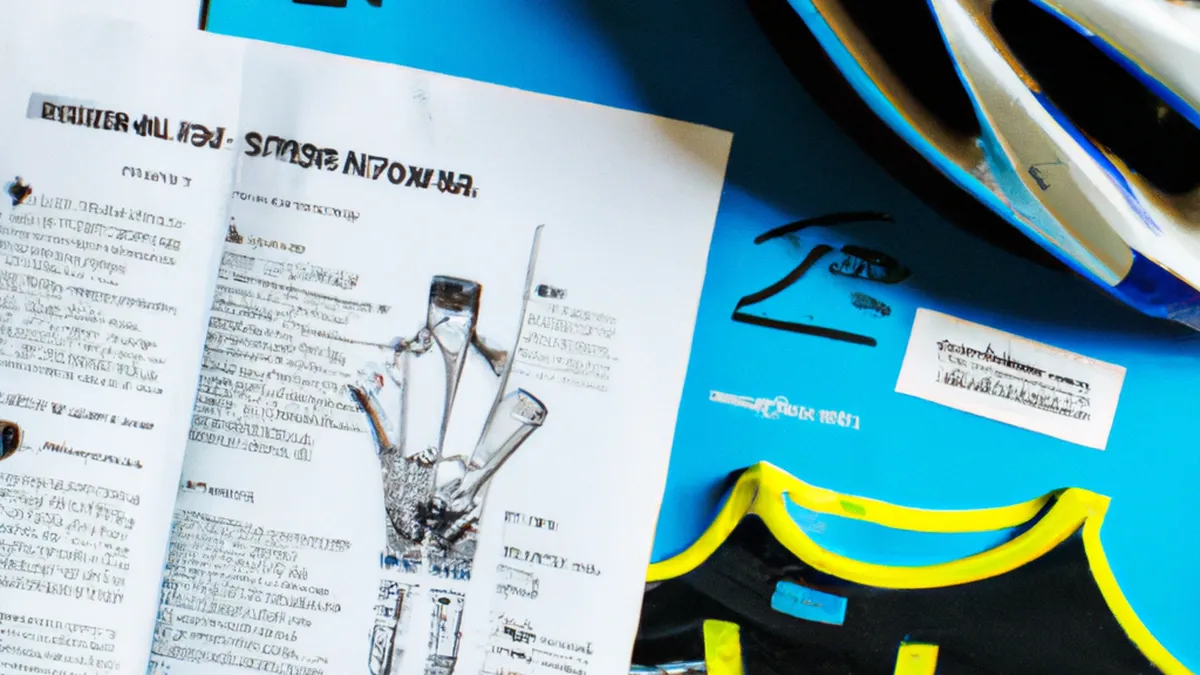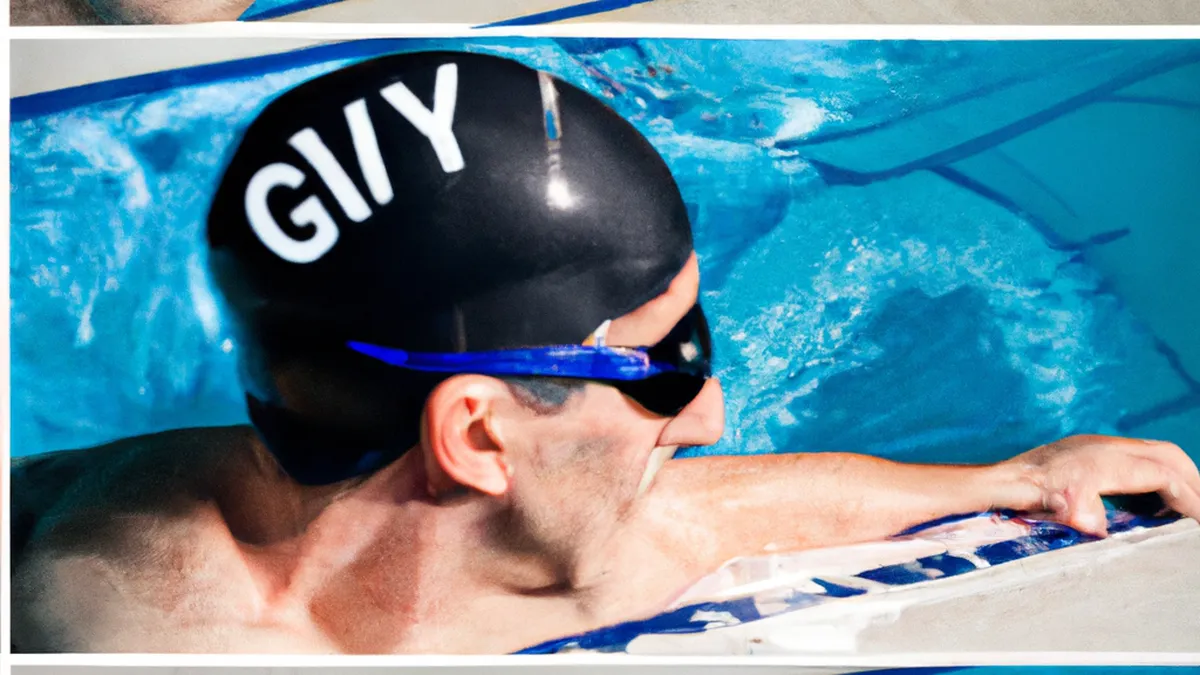Periodization Plans: A Triathlete’s Blueprint
Periodization Strategies for TriathletesTriathletes encounter unique training challenges that require careful planning. Balancing swimming, cycling, and running demands a structured approach to optimize performance and minimize injury risks. Periodization serves as a key strategy for triathletes to prepare effectively for competitions and manage physical demands. This article explores periodization principles and provides practical advice for a tailored training plan.
Understanding Periodization
Periodization divides training into specific phases with distinct objectives. Organizing training this way systematically enhances various fitness aspects. Generally, periodization includes three main phases: preparation, competition, and transition.
Preparation Phase
In the preparation phase, also known as the base phase, you build aerobic capacity and establish a solid foundation. This phase lasts several weeks to months, depending on your race schedule and goals. Focus on:- **Endurance Training**: Engage in long, steady workouts that gradually increase duration. Build mileage in swimming, cycling, and running to adapt to longer distances.- **Strength Training**: Incorporate strength exercises to build muscular endurance and prevent injuries. Focus on functional movements like squats, lunges, and core workouts.
Competition Phase
In the competition phase, shift training focus toward race-specific preparation. This phase typically occurs weeks before key races. Key elements include:- **Intensity Workouts**: Introduce interval training and tempo runs to improve speed and race pace. Perform high-intensity intervals in cycling or running to simulate race conditions.- **Tapering**: Gradually reduce training volume while maintaining intensity as the race approaches. Tapering allows your body to recover and be well-rested for peak performance on race day.
Transition Phase
After competition, allow your body time to recover and rejuvenate. The transition phase, or off-season, is crucial for mental and physical recovery. Focus on:- **Reduce Training Volume**: Significantly scale back training to promote recovery. This phase lasts a few weeks to a couple of months, depending on individual needs.- **Cross-Training**: Engage in low-impact, enjoyable activities. Swimming, yoga, or hiking helps maintain fitness while giving your body a break from triathlon training.
Tips for Effective Periodization
As an Amazon Associate I earn from qualifying purchases.
Gear tip: consider triathlon wetsuit, race bib belt, and elastic laces to support this topic.
To maximize periodization benefits, consider these strategies:
1. Set Clear Goals
Establish specific, measurable goals for each training phase. Goals could include improving your 5K run time or increasing cycling speed.
Conclusion
In summary, effective periodization enhances triathlon training, optimizes performance, and supports recovery. Implement these strategies for success.
Below are related products based on this post:
FAQ
What is periodization in triathlon training?
Periodization is a training strategy that divides the training process into specific phases, each with distinct objectives. This structured approach helps triathletes enhance various aspects of fitness while managing the physical demands of their sport.
What are the main phases of periodization?
The main phases of periodization include preparation, competition, and transition. Each phase focuses on different training goals, such as building endurance in the preparation phase, improving speed in the competition phase, and allowing for recovery in the transition phase.
How can triathletes benefit from effective periodization?
Effective periodization enhances training outcomes by optimizing performance and minimizing injury risks. By following a structured plan, triathletes can ensure they are well-prepared for competitions and can recover appropriately afterward.















Post Comment